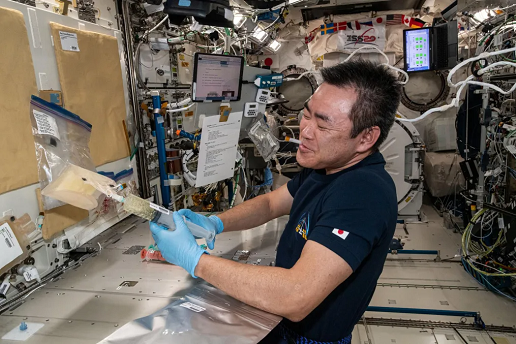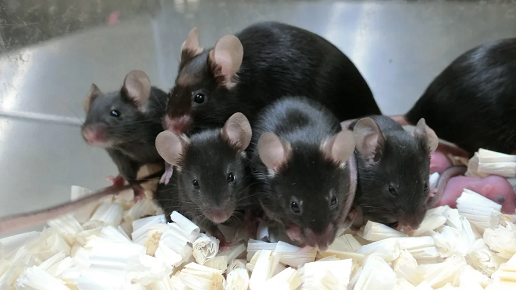Could Mouse Sperm Orbiting Earth Be the Future of Humanity?
Scientists have recently conducted an innovative experiment by sending freeze-dried mouse sperm into space for a six-year exposure test in Earth's orbit. This research aims to explore the effects of space radiation and microgravity on sperm DNA integrity and fertility, providing valuable insights for the future of human reproduction and survival in space.
Why Send Sperm to Space?
As humanity plans long-term exploration of Mars and other planets, the ability to sustain reproduction in extreme environments becomes crucial for space colonization. Space radiation and the lack of Earth's magnetic field protection pose significant threats to genetic material. Scientists conducted this experiment to evaluate whether freeze-drying technology could effectively preserve sperm in space environments.
What Were the Results?
Remarkably, the study found that mouse sperm exposed to Earth's orbit for six years could still successfully fertilize eggs upon returning to Earth, resulting in healthy offspring. Analysis revealed that freeze-drying significantly reduced DNA damage in the sperm, allowing genetic integrity to be preserved even after exposure to intense cosmic radiation. Commander Akihiko Hoshide of the Japan Aerospace Exploration Agency (JAXA) thaws mouse embryo samples aboard the ISS, as part of a 2021 mission, to learn how the space environment affects key phases of reproduction. NASA
Commander Akihiko Hoshide of the Japan Aerospace Exploration Agency (JAXA) thaws mouse embryo samples aboard the ISS, as part of a 2021 mission, to learn how the space environment affects key phases of reproduction. NASA
Implications for Humanity's Future
The success of this experiment opens new doors for carrying human genetic material into space. If freeze-drying technology proves effective for human sperm and eggs, it could mean the possibility of preserving a human genetic repository beyond Earth and even establishing extraterrestrial colonies in the future. This technology also offers a potential solution to reproduction challenges during long-term space exploration missions.
While further testing and validation are needed, the findings suggest that humanity may one day transcend Earth's boundaries, extending life into the depths of space and achieving interplanetary survival and reproduction.







